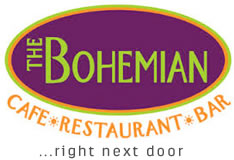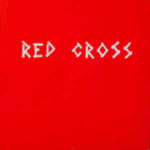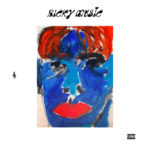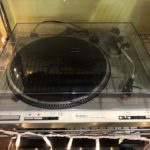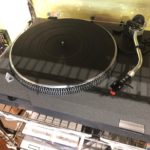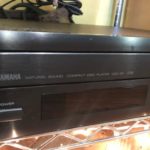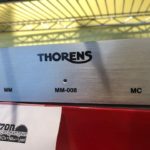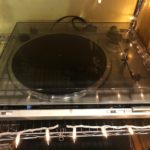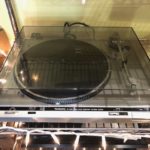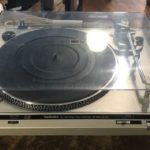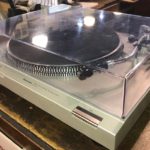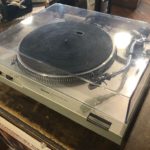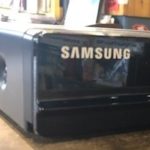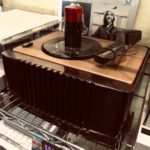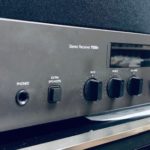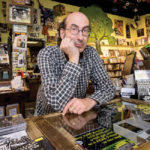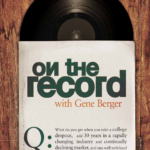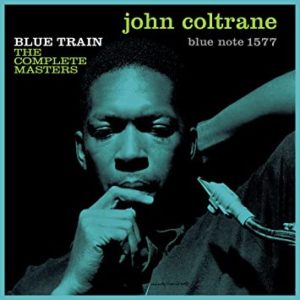
On September 15, 1957, John Coltrane went into Rudy Van Gelder’s living room studio in Hackensack, New Jersey and recorded his first great masterpiece: Blue Train. The fulfillment of a handshake deal Coltrane made with Alfred Lion, it would be the legendary saxophonist’s sole session as a leader for Blue Note Records, a locomotive five track album fueled by the bluesy title track that featured a dynamic sextet with Lee Morgan on trumpet, Curtis Fuller on trombone, Kenny Drew on piano, Paul Chambers on bass, and Philly Joe Jones on drums. Blue Train established Coltrane as a force of nature and set him on a course towards becoming one of the most revered and influential jazz artists of all-time.
To mark the 65th anniversary of the album’s recording, Blue Train will be released in two special editions on September 16 as part of Blue Note’s acclaimed Tone Poet Audiophile Vinyl Reissue Series. A 1-LP mono pressing of the original album is presented in a deluxe gatefold tip-on jacket, while the 2-LP stereo collection Blue Train: The Complete Masters will include a second disc featuring seven alternate and incomplete takes, none of which have been released previously on vinyl, and four of which have never been released before on any format. The Complete Masters comes with a booklet featuring never-before-seen session photos by Francis Wolff and an essay by Coltrane expert Ashley Kahn. Both Tone Poet Vinyl Editions were produced by Joe Harley, mastered by Kevin Gray from the original analog master tapes, and pressed on 180g vinyl at RTI. Blue Train: The Complete Masters will also be released as a 2-CD set.
Order your copy HERE.
“Few studio experiences I’ve had can compare with the thrill of listening to the original master tapes—mono, stereo and alternate takes—of Blue Train,” says Harley. “I consider these two new versions the definitive editions of this masterpiece performance by John Coltrane.”
Blue Train came at a pivotal moment in Coltrane’s career. Earlier in 1957, the saxophonist had hit bottom when his heroin addiction caused him to be fired from the Miles Davis Quintet. But after kicking his habit, Coltrane returned with a fervor inspired by an extended summer residency with Thelonious Monk at the Five Spot Café. By the end of the year, Coltrane had been rehired by Davis and had produced his first masterwork, an album that even he was deeply proud of. As Kahn recounts in his essay: “Blue Train was a recording that Coltrane, ever self-critical and modest, held in high regard. In 1960, while on tour with Miles Davis for the last time, a Swedish deejay asked Coltrane what he favored from his catalogue and he immediately responded: ‘Oh, I like Blue Train myself. It’s a good band on there, you know. It was a good recording.’”









